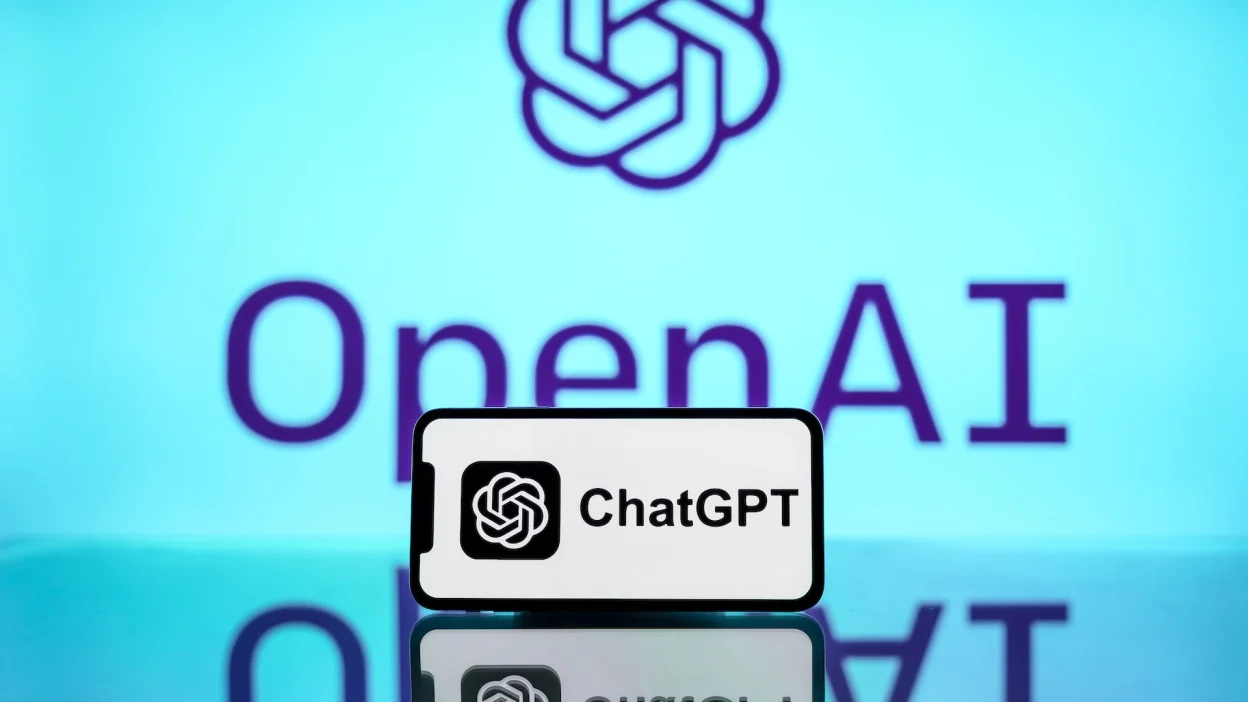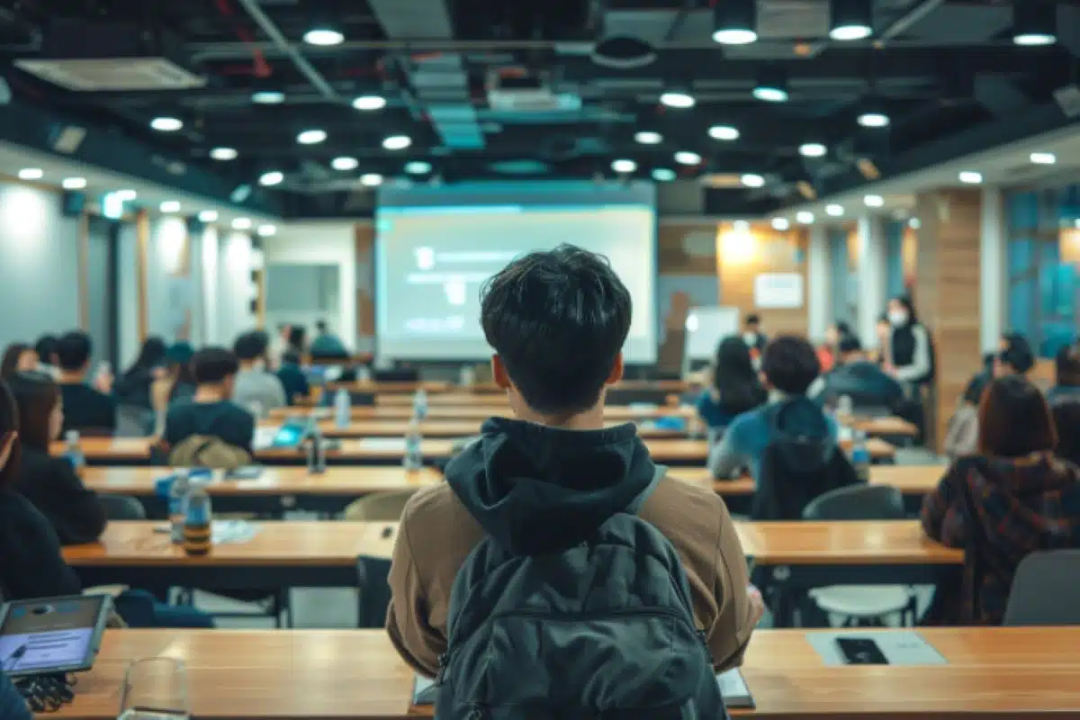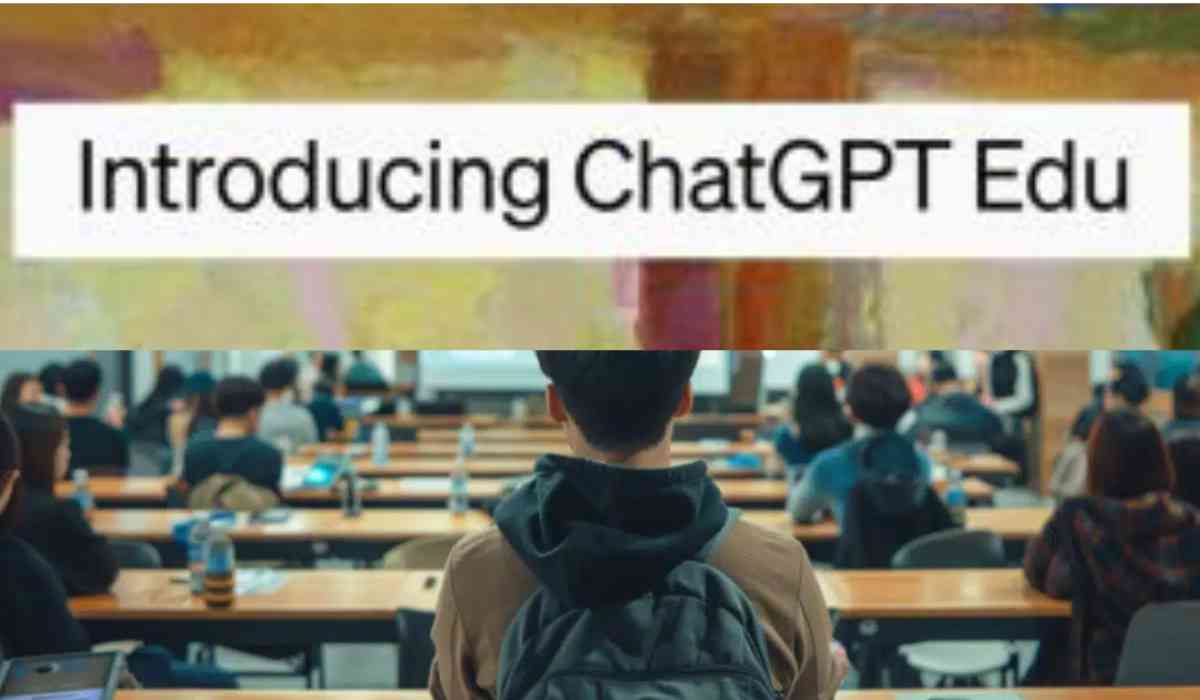As technology progresses, the education industry is rapidly adopting artificial intelligence (AI) to create smarter classrooms that benefit both students and educators. AI is changing the way we think about education by making it possible for E-learning solutions to provide exact feedback, adaptive assessments, and personalized learning. It can optimize educational processes, strengthen instructional methods, and raise student learning outcomes.
In education, AI's impact is profound, offering tools that can transform traditional teaching methods. Conversational AI, for instance, employs chatbots and virtual tutors to provide swift assistance and foster self-directed learning. These AI chatbots harness the power of natural language processing (NLP) and machine learning algorithms to offer immediate and tailored support, creating interactive and engaging learning environments. Such tools facilitate a deeper understanding of concepts and enhance student information retention.

Personalized Learning Experiences
EdTech companies have embarked on a journey to individualize learning experiences by using AI to pinpoint knowledge gaps and deliver precise feedback. AI-driven educational tools can adapt to each student's learning pace, style, and needs, ensuring that no student is left behind. This personalization extends to various aspects of education, from tailored tutoring sessions to customized assessments that evolve based on a student’s progress.
OpenAI’s ChatGPT Edu
Building on the success of its previous models, OpenAI has launched ChatGPT Edu, an innovative AI model specifically designed for universities. This new model aims to responsibly deploy AI to students, faculty, researchers, and campus operations, offering advanced capabilities and robust security features.

“We’re announcing ChatGPT Edu, a version of ChatGPT built for universities to responsibly deploy AI to students, faculty, researchers, and campus operations,” OpenAI announced on its website. Powered by GPT-4o, ChatGPT Edu can reason across text and vision and utilize advanced tools such as data analysis. OpenAI’s new model promises enterprise-level security and controls, making it an affordable and secure option for educational institutions.
Features of ChatGPT Edu
OpenAI has listed several features for ChatGPT Edu on its website:
► Access to GPT-4o: Users will benefit from the flagship model that excels in text interpretation, coding, and mathematics.
► Advanced Capabilities: The model includes data analytics, web browsing, and document summarization.
► Custom GPTs: Universities can build and share custom versions of ChatGPT within their workspaces.
► Higher Message Limits: ChatGPT Edu offers significantly higher message limits compared to the free version of ChatGPT.
► Improved Language Capabilities: It supports over 50 languages, enhancing both quality and speed.
► Robust Security: Features include robust security measures, data privacy, and administrative controls such as group permissions, SSO, SCIM, and GPT management. OpenAI assures that all conversations and data from ChatGPT Edu will not be used to train OpenAI Models.
Practical Applications of ChatGPT Edu in Universities
Since its launch, ChatGPT has been utilized on campuses for various academic tasks, demonstrating its versatility and potential to enhance the educational experience.
Universities have found numerous ways to integrate ChatGPT into their academic environments. At Columbia University, Professor Nabila El-Bassel’s team uses a GPT to analyze data for overdose intervention strategies, drastically reducing research time. This application exemplifies how AI can streamline complex research processes, enabling quicker and more accurate analysis.

At the Wharton School of the University of Pennsylvania, Professor Ethan Mollick’s students use ChatGPT for reflective assignments, which enhances their learning by providing immediate and insightful feedback. This use of AI fosters a deeper understanding of course material and encourages critical thinking.
Similarly, at Arizona State University, Assistant Professor Christiane Reves is developing a GPT for German language practice, providing tailored feedback and saving faculty assessment time. This innovative application of AI supports language learning by offering personalized and immediate feedback, allowing students to improve their language skills efficiently.

Future Prospects
These initiatives demonstrate the innovative applications of AI to support students, faculty, and researchers in various academic activities. As AI technology continues to evolve, its role in education is expected to expand further, offering even more sophisticated tools for personalized learning, efficient research, and administrative support.
The introduction of OpenAI's ChatGPT Edu marks a significant step forward in integrating AI into higher education. By providing advanced AI capabilities with a focus on security and affordability, OpenAI is helping universities harness the power of AI to create smarter, more efficient, and more engaging learning environments. As educational institutions continue to explore the potential of AI, tools like ChatGPT Edu will play a crucial role in shaping the future of education.
Inputs by Agencies
Image Source: Multiple Agencies
Ⓒ Copyright 2024. All Rights Reserved Powered by Vygr Media.






















